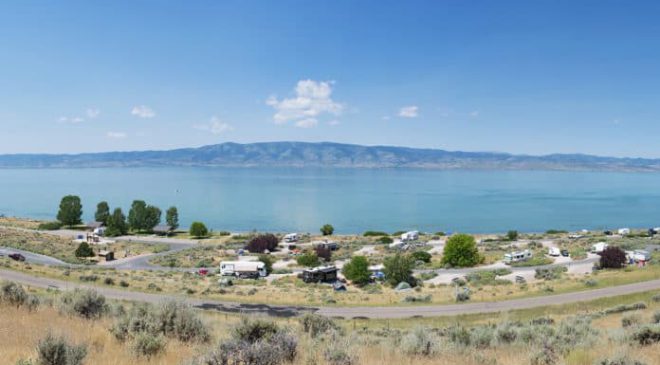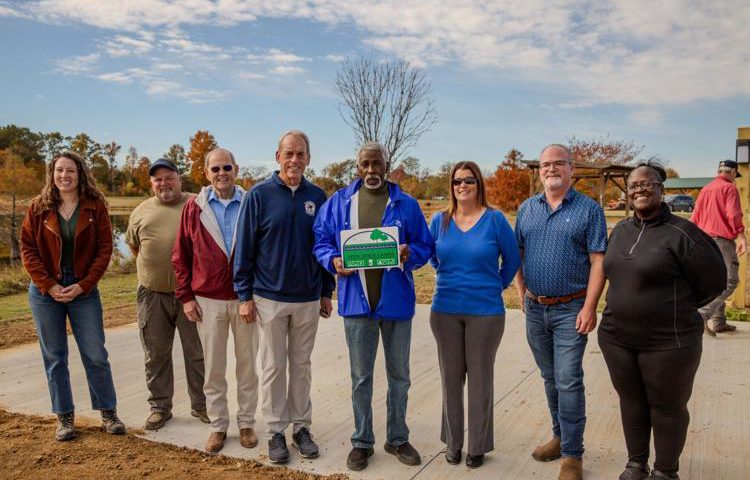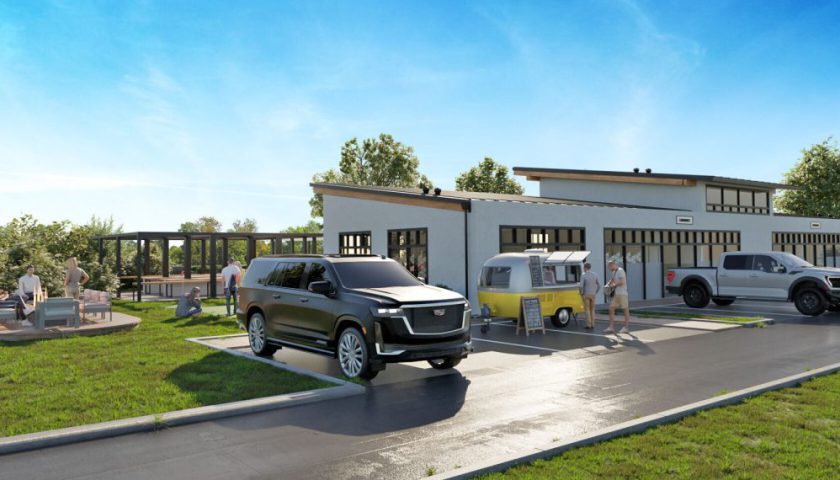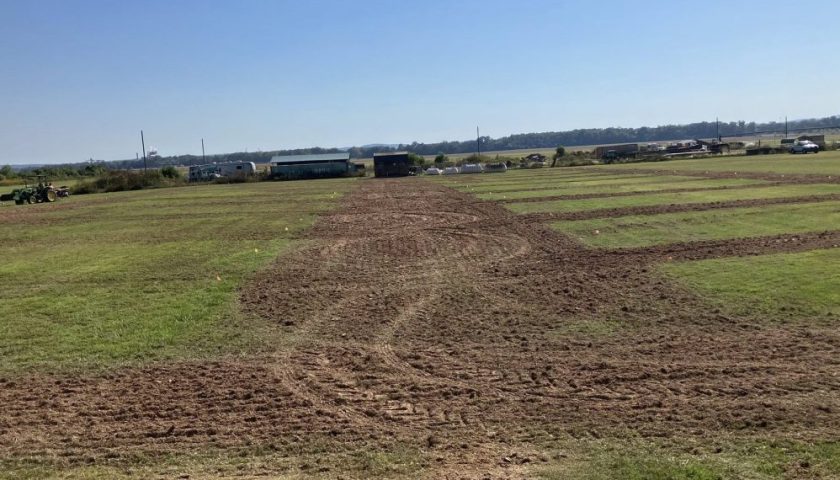As the popularity of camping continues to grow, some states have passed laws imposing limits on non-residents and reducing the percentage of campground sites available for advanced reservation in state parks. Other states are levying punitive fee hikes on out-of-state campers, ostensibly to create more availability for resident campers.
These laws are controversial, with some arguing that they are necessary to ensure residents have access to camping opportunities and preserve natural resources. In contrast, others see them as overly onerous, discriminatory and harmful to a state’s tourism economy.
As RVtravel.com reported previously, the state of Montana is considering legislation to address the supply and demand problem regarding state campground reservations. The Montana House of Representatives unanimously passed HB 440, “an act creating limits on the number of reserved campsites in state parks, recreation areas and public camping grounds….” That bill is currently awaiting a vote in the Montana Senate.

At the same time, however, camping is a significant driver of tourism and economic activity in many states. According to the Outdoor Industry Association, camping generates $18.4 billion in consumer spending annually and supports more than 171,000 jobs nationwide. For many rural communities, camping is a critical revenue and economic development source.
Different approaches to non-resident campers
Given these competing interests, it is not surprising that there is some disagreement about how to balance the need to preserve natural resources and support local communities with the desire to promote tourism and economic growth. While some states have chosen to limit campground reservations or restrict out-of-state campers, others have taken a different approach.
Oregon has implemented a surcharge of 25 percent on non-resident use of its state campgrounds. In Rhode Island and Idaho, non-residents pay double the fee of resident campers. In Nevada, New York, New Jersey, Washington and Wyoming, campers pay from $5 to $10 more per night than residents.
We’re watching to see the full impact. We’re seeing some decline in non-resident camp stays; people who once would stay five nights are now down to three.”
To assess the effects of these measures, I spoke with Craig Quintana, Senior Public Information Officer for Idaho State Parks and Recreation. He said that Idaho’s new fee structure favoring residents was made possible by the passage of HB-93, introduced by Rep. (now Senator) Doug Okuniewicz (R-Hayden) during the 2021 session of the Idaho legislature. That bill passed the Idaho Senate and was signed into law by Governor Brad Little.
Interstate commerce conflict?
I asked Mr. Quintana if there was a conflict (specifically an interstate commerce conflict) with the additional fees assessed to non-residents and the use of federal funds by the state of Idaho to build and maintain parks and campgrounds. He said there is no conflict because the governing U.S. Federal statute regulating the U.S. Land and Water Conservation Funds through which federal money flows to the states specifically allows states to charge more to accommodate non-residents. He said Idaho would monitor user statistics to determine the law’s effects. “We’re watching to see the full impact. We’re seeing some decline in non-resident camp stays; people who once would stay five nights are now down to three.”
Not everyone agrees on the best way to balance resident availability and protect the natural environment of state parks. Some argue that limiting campground reservations or restricting out-of-state campers is too harsh and will harm the tourism industry. In contrast, others say these measures are necessary to protect natural resources and local communities.



